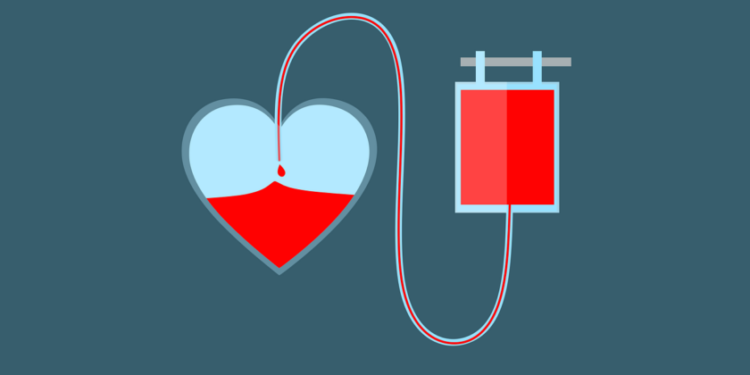As we mark National Blood Donor Day on December 8 every year, it is time we acknowledge the selfless individuals who regularly donate blood to save lives.
These unsung heroes embody the values of altruism and social responsibility that should be cherished in our society.
Through their quiet act of donating blood, they make an immense contribution to the health and well-being of fellow citizens.
Historically, blood transfusion in Nigeria faced challenges of fragmentation and lack of regulation, but the establishment of the National Blood Transfusion Service marked a turning point.
The NBSC has made commendable progress in regulating and scaling up blood services across Nigeria.
Its network of blood banks adheres to stringent quality protocols, safeguarding blood recipients from infectious diseases. However, voluntary unpaid donors remain the lifeline for a safe and sustainable blood supply.
Over the years, the NBSC has made commendable progress in transforming fragmented, unregulated blood transfusion services into an increasingly robust and coordinated system.
It is instructive to note that this system boasts over 17 blood banks nationwide, aligned with global safety and quality standards.
With less than 5% of total donations coming from voluntary donors, efforts must intensify to reduce the prevalence of infections like HIV, hepatitis B, hepatitis C, syphilis, and others associated with commercial blood sources.
The recent upgrade in blood screening technology using Chemiluminescence demonstrates the NBSC’s commitment to quality and proficiency.
This advancement, aligned with the World Health Organization’s standards, enhances the screening process for transfusion-transmissible infections, further safeguarding the integrity of the blood supply.
As the NBSC acts to minimize threats to blood safety, a simultaneous shift towards voluntary unpaid donations is vital.
This is only feasible by propagating a culture that motivates altruistic social responsibility. Conferring national honors on exemplary blood donors would catalyze this culture shift.
These unremunerated heroes embody ideals of selflessness, compassion and service to the community that resonate deeply with Nigerian values.
Their donations epitomize the collective strength of a nation bonded by humanity. Beyond addressing blood shortages, they promote social unity and inspire similar acts of goodwill.
Fittingly, the federal government should cement their contributions in Nigeria’s national fabric through an exclusive civilian honor. This prestigious recognition would cement blood donation as the ultimate display of civic duty.
A “National Blood Donor Award” would also dispel prevailing misconceptions that hinder voluntary donations.
Sadly, local beliefs linking blood removal to reduced life expectancy have fueled distrust in some communities. Highlighting donors who regularly give blood without consequence would help overcome such fallacies.
Meanwhile, the award’s public honor would reinforce donation as a badge of exceptional character worthy of celebration.
This honor would also elevate blood donation to a reputable national service on par with other critical fields. Doctors, scientists, artists and sportsmen with outstanding achievements are frequently celebrated to inspire emulation.
Blood donors equally deserve prestigious distinction for saving lives. Beyond motivating new donors, national recognition would boost current donors’ resolve and pride in their silent life-saving work.
As the NBSC strives to make safe blood available countrywide, voluntary donors remain the lynchpin to long-term success.
Hence, no National Blood Donor Day celebration is complete without acknowledging these unsung heroes. The federal government now has the opportunity to catalyze a culture shift by celebrating altruism in its highest form.
The time is right to honor selfless individuals who regularly donate blood with an exclusive civilian national award.
This prestigious distinction would dispel unfounded fears, motivate new donors and celebrate exemplary acts of service to the nation.
Most importantly, it would inspire the altruistic social responsibility crucial for safeguarding Nigeria’s blood supply.
As we work towards safe and adequate blood access for all Nigerians, building appreciation for voluntary blood donors is an urgent necessity.



